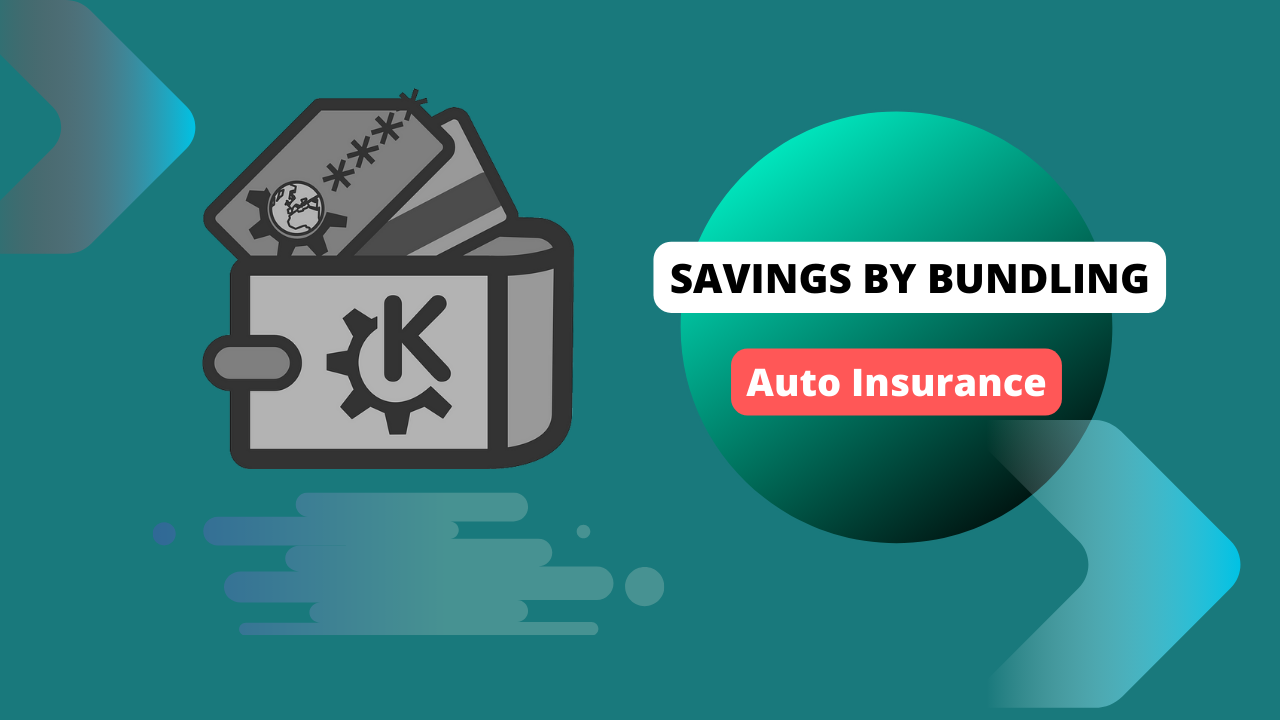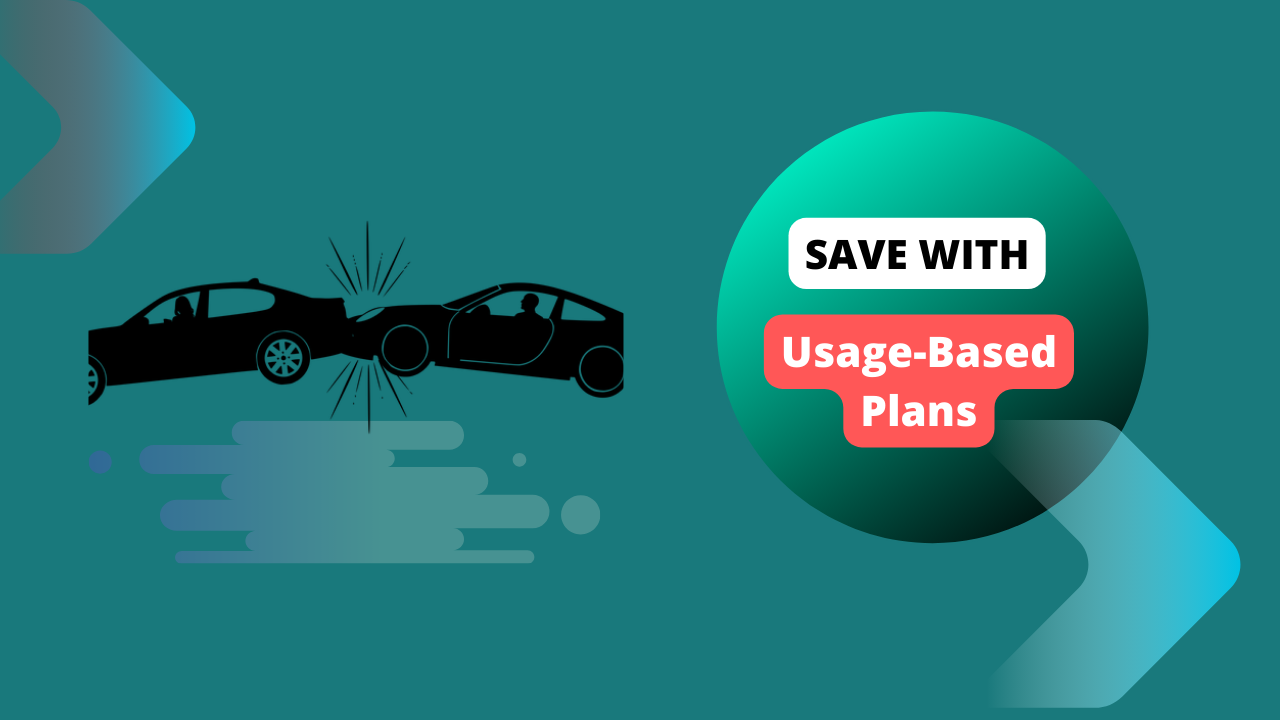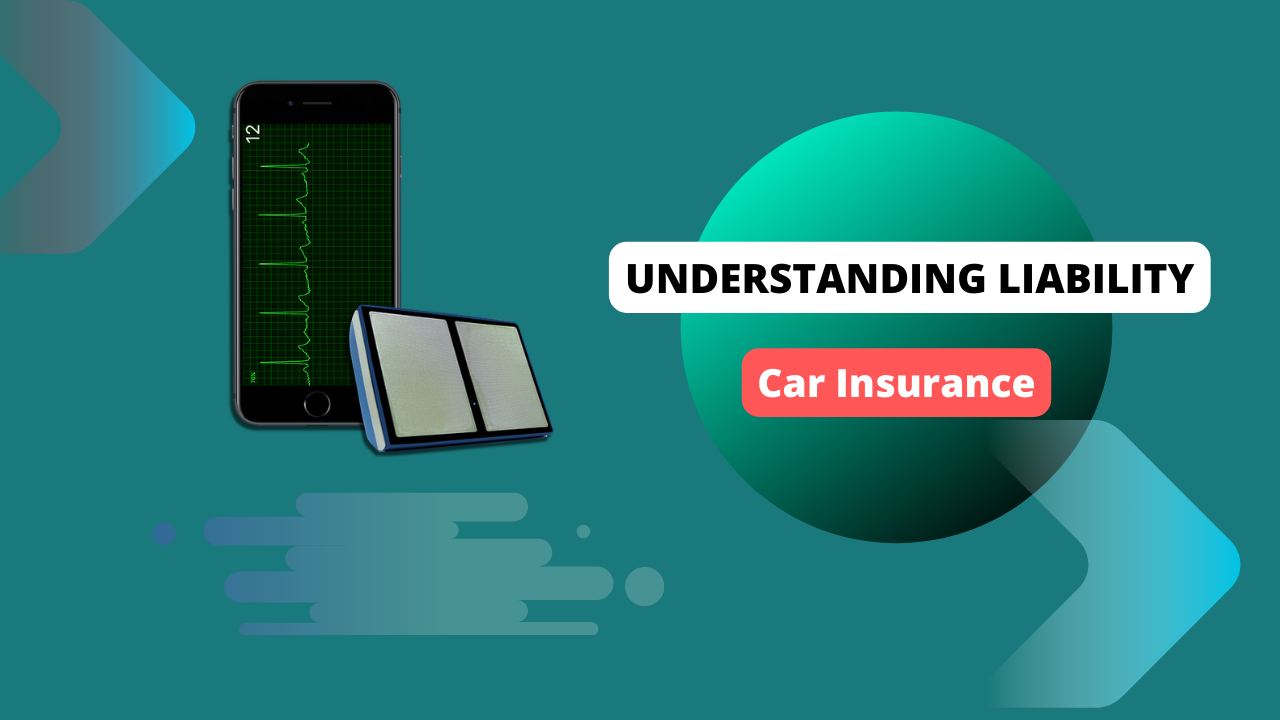When it comes to car insurance, grasping the extent of coverage can sometimes be as perplexing as navigating a congested crossroads. Many drivers contemplate the question, “Does auto insurance cover single vehicle accidents? To offer clarity on this topic and assist you in making knowledgeable choices, we’ve created a comprehensive guide to answer this essential question. So, fasten your seatbelts as we delve into the complexities of automobile insurance coverage and the consequences when you experience a single vehicle accident.
I. Defining a Single Vehicle Accident
To initiate our exploration of understanding car insurance coverage for single vehicle accidents, it’s crucial to elucidate what defines such an event. A single vehicle accident typically revolves around a solitary vehicle with no involvement of other parties or vehicles. These incidents can manifest in diverse forms, encompassing:
Collisions with Inanimate Objects: These encompass accidents where your vehicle collides with stationary objects like trees, utility poles, or fences.
Rollovers: When your vehicle overturns due to various factors, it falls within the category of single vehicle accidents.
Run-Off-Road Accidents: If your vehicle veers off the road and sustains damage without involving another vehicle, it qualifies as a single vehicle accident.
Animal Collisions: Colliding with an animal, such as a deer, can also be categorized as a single vehicle accident.
Now that we’ve expounded on what constitutes a single vehicle accident, let’s delve into whether your car insurance covers these occurrences.
II. Coverage for Single Vehicle Accidents
Car insurance policies can exhibit significant disparities, so it’s imperative to scrutinize your specific policy to apprehend the scope of your coverage. However, as a general guideline, car insurance typically encompasses coverage for single vehicle accidents under particular circumstances:
- Collision Coverage
Collision coverage is a form of insurance that caters to the expenses incurred for the damage to your vehicle resulting from a collision with either another vehicle or an object, encompassing single vehicle accidents. If you possess collision coverage, it can facilitate the payment of costs linked to repairing or replacing your vehicle following a single vehicle accident, regardless of the party at fault.
- Comprehensive Coverage
Comprehensive coverage goes beyond mere collision incidents, providing coverage for damage to your vehicle caused by factors other than collisions with other vehicles. This includes damage stemming from natural disasters, theft, vandalism, and yes, even single vehicle accidents like collisions with animals or stationary objects such as trees or utility poles.
- Uninsured/Underinsured Motorist Coverage
On certain occasions, single vehicle accidents may involve elements beyond your control, such as a different driver causing an accident that compels you to veer off the road. If the at-fault driver lacks insurance or is underinsured, your uninsured/underinsured motorist coverage may come into play, offering coverage for your injuries and vehicle damage.
III. The Significance of Scrutinizing Your Policy
It’s paramount to emphasize that the extent of coverage for single vehicle accidents can fluctuate significantly from one car insurance policy to another. To gain a profound understanding of what your policy encompasses, make sure to:
Read Your Policy Carefully: Acquaint yourself with the terms and provisions of your car insurance policy. Pay close attention to sections related to collision, comprehensive coverage, and any additional coverage you may possess.
Contact Your Insurance Agent: If you have inquiries or require clarification regarding your coverage, do not hesitate to communicate with your insurance agent or insurance company. They can provide specific insights concerning your policy.
IV. Factors That May Influence Your Coverage
While car insurance is devised to furnish financial protection, certain elements can influence whether your insurance will extend coverage to a single vehicle accident:
Deductibles: The deductible stipulated in your policy alludes to the amount you must disburse from your own funds before your insurance comes into play. Be vigilant about your deductible amount and how it might affect your claim.
Policy Limits: Car insurance policies frequently delineate coverage limits. If the expenses for repairing your vehicle surpass these limits, you may be held responsible for the remaining costs.
Cause of the Accident: The circumstances that lead to a single vehicle accident can impact the coverage. If you were driving recklessly or under the influence of alcohol or drugs, your claim might be rejected.
V. Conclusion
In summary, car insurance can indeed encompass single vehicle accidents, but the extent of this coverage hinges on the particulars of your policy. Collision coverage, comprehensive coverage, and uninsured/underinsured motorist coverage are the categories of insurance that can come into effect in such scenarios. Nevertheless, it’s imperative to meticulously review your policy and comprehend the terms, provisions, deductibles, and policy limits.
Remember that, while insurance is designed to furnish financial protection, practicing responsible driving remains the most dependable approach to evade single vehicle accidents entirely. Cautious and prudent driving practices can steer you clear of unexpected mishaps, ensuring the well-being of both yourself and your vehicle.
In the realm of car insurance, knowledge is your ultimate companion. By acquiring a profound comprehension of your policy and recognizing the extent of its coverage, you can drive with assurance, cognizant that you have the support you require in the event of a single vehicle accident.
Hence, the next time you contemplate, “Does car insurance encompass single vehicle accidents? ” You can reply with assurance: it indeed does, but the details are intricately outlined in your policy.”



